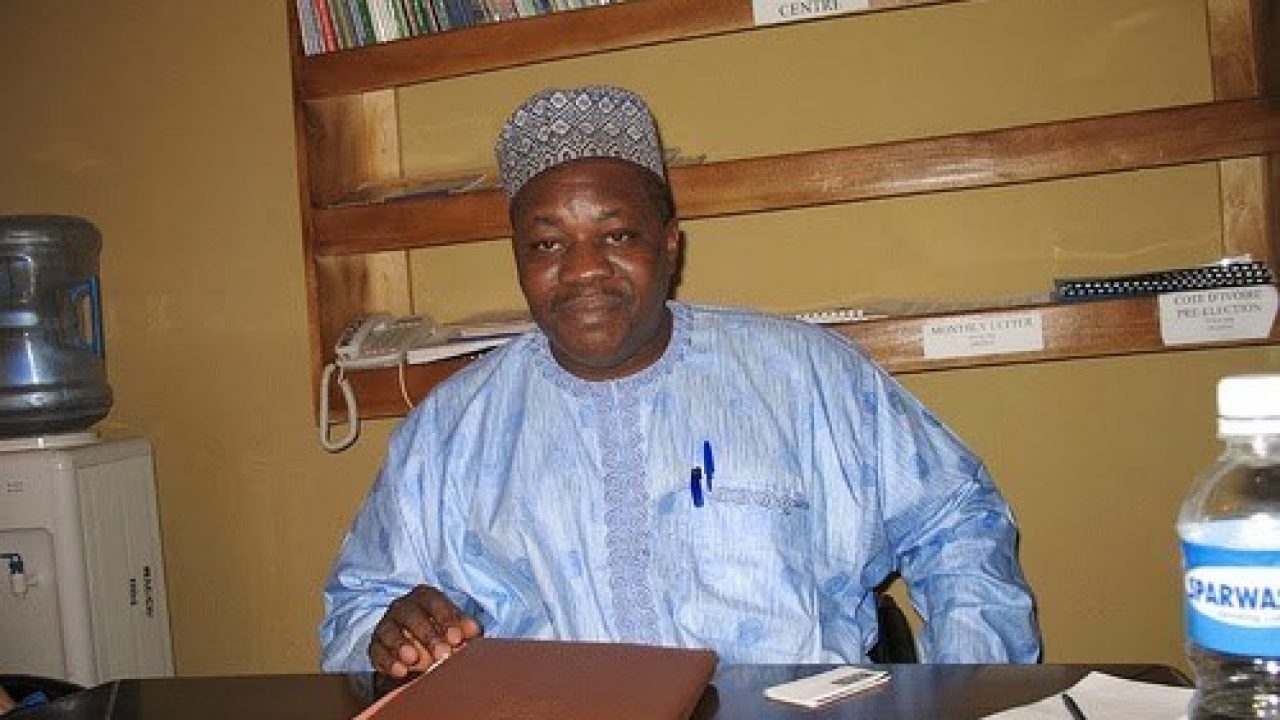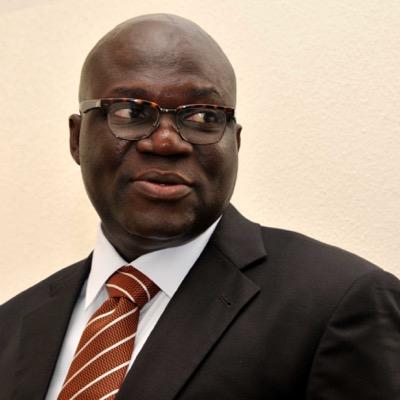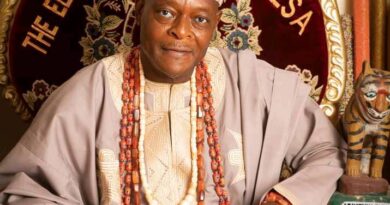FRESH INSIGHT: Enablers of the Return of the Military in West Africa, By Jibrin Ibrahim
The current democratic transition in West Africa started in the early 1990s.
At the formal level, it led to the establishment of constitutional rule and the operation re-establishment of a multi-party systems. The problem is that democratic transition requires a more profound socio-political transformation that allows freely elected rulers and the majority of the civil population to impose their supremacy over ruling oligarchies of the military or civilian ethno-regional cabals that had been in power for decades. The did not happen in most of our countries. The end goal which was to have been the development of a democratic political culture in which large sections of society internalises democratic values and citizens are able to determine those who exercise power was not achieved. Most African constitutions are excellent documents; they have most of the right provisions about the rule of law, human, civil and political rights, elective institutions, governmental accountability, and separation of powers and so on. The problem however is that these provisions are often not followed.
It is important to note that West African politics has been excessively marked by a history of a high frequency of coups d’état, civil wars and militarism. The military were in power in most countries of the region for twenty to thirty years. When liberalisation and democratisation began in the early 1990s, there was a long history of militarism and their enablers that stepped up to usurp new political opportunities that were emerging. One of the basic outcomes of decades of militarism in West Africa has been the decomposition of state and society with the widespread growth of private armies and armed bands. In many of the countries, the military lost control of the monopoly of the means of violence. Numerous warlords with a stake in war emerged and entrenched themselves in the political process and fought for the control of power and natural resources. These countries and regions such as Sierra Leone, Liberia, Cote d’Ivoire, Guinea Bissau, the Niger Delta and large parts of the Sahel/Sahara regions of Mali and Niger witnessed persistent armed banditry in the 1990s.
This was the context that led ECOWAS to adopt the Supplementary Protocol on Democracy and Good Governance (21 December, 2001). It sets out the constitutional convergence criteria to be fulfilled by Community members based on the principles of good governance – respect for the rule of law, the separation of powers, the independence of the judiciary, the promotion of non-partisan and responsible press and the democratic control of the armed forces. It was on the basis of this Protocol that when President Gnasingbe Eyadema of Togo died in 2005, and his son simply took over power in total disregard of the Constitution of the country; the Chair of ECOWAS, Mamadou Tandja of Niger Republic and President Olusegun Obasanjo of Nigeria mounted enormous pressure on Faure Gnasingbe to step down. Faced with the pressure, he stepped aside and allowed for elections.
It is ironical that the same President Tandja who was giving lessons in democracy to Faure Gnasingbe also fell afoul of the wrath of ECOWAS principles. His tenure of ten years, which consisted of two terms of five years each was to end in December 2010. Just before that time, he demanded for a Constitutional review that would allow him tenure elongation. The Constitutional Court ruled that his request was unconstitutional as the Constitution had a provision that the tenure clause could not be amended. He disbanded the Constitutional Court and wrote up his own “personal” Constitution which even had a clause allowing him to continue in power without elections for three more years. ECOWAS however come out clearly and unambiguously to oppose his move. In an unprecedented move in West Africa, ECOWAS went as far as declaring that as far as they were concerned, his tenure as President expired in December 2010 meaning they no longer recognised him as President. This clear stance gave fillip to the struggle of opposition parties and civil society who organised mass demonstrations against Tandja’s attempt to destroy Niger’s democracy. It was in this context that the military intervened, removed Tandja from power, organised fresh elections and went back to the barracks in less than a year.
ECOWAS was also very active in guiding Cote d’Ivoire back to the path of democracy from the carnage of civil war. Cote d’Ivoire is a country that was not too long ago one of the shining stars of stability and prosperity in the West African region. Political relations in the country broke down following the death of the country’s founding President, Felix Houphouet-Boigny in 1993, coupled with the military coup that overthrew the government of Henri Konan Bedie who succeeded him in 1999. This threw up deep internal divisions resulting in the mutiny that escalated into a full-scale rebellion in September 2002. After his tenure in 2005, Gbagbo refused to organise another election for five years. It was only in 2010 that ECOWAS, the African Union and the United Nations persuaded him to hold elections under UN supervision. He lost the elections but got the Constitutional Council he had appointed to declare him winner. ECOWAS however stood firm and threatened to remove him by force if he did not step down and hand over to Ouattara who won the elections. Eventually, patriotic forces marched on Abidjan and removed him from power allowing the elected President to take up his mandate which Gbagbo had confiscated.
In Senegal, President Abdoulaye Wade at 85 wanted a third term in 2012. Citizens surrounded the National Assembly to stop them passing a law to allow authorise his ambition. What was important however was massive demonstrations organised by the Movement, M-23 and rap musicians who galvanised the youth to chase Wade out of power. One of the leading politicians that joined the revolt was current President Macky Sall, who was the main beneficiary of the struggle. Today, Macky Sall too wants a third term.
Guinea is another country in which ECOWAS played a major role. It is a country which had not known free and fair elections since 1958. The shooting incident that led to the evacuation of Guinea’s third dictator in fifty years, Captain Dadis Camara paved the way for democratic transition that led to elections of 27th June 2010. Two major candidates emerged, Cellou Dalen seen as the leader of rich and powerful Fulani elite who had been excluded from power since 1958 and Alpha Conde, leader of the ethnic minorities and an historic opposition figure and Malinke power broker. In the second round of the elections, Alpha Conde emerged winner and was sworn in as President. Alpha Conde came to Daura in April 2019 and stayed a week enjoying Sallah meat with President Buhari and was even honoured with a chieftaincy title. He returned to Guinea and announced a third term agenda which finally led to the coup. President Buhari kept quiet. At 83 years old, what did he want to remain in the presidency for?
In Mali former President Ibrahim Boubakar Keita – (IBK) died at 76 years old after being removed in a coup. He was in power between 2013 to 2020. He had been Prime Minister between 1994 to 2000 after which he became the President of the National Assembly from 2002 to 2007. Why would that old man rig elections to remain in power?
The argument he is simple. The people of West Africa are being exhausted by repeated cycles of bad governance. Secondly, ECOWAS was much more focused on contesting the derailment of the democratic order. They did not wait until the military takes over before acting. Today, they do nothing until the is a coup and offer medicine after death. Finally, the military are returning to power in West Africa because the politicians are enabling them. We must develop the capacity to disrupt the activities of such enablers.




